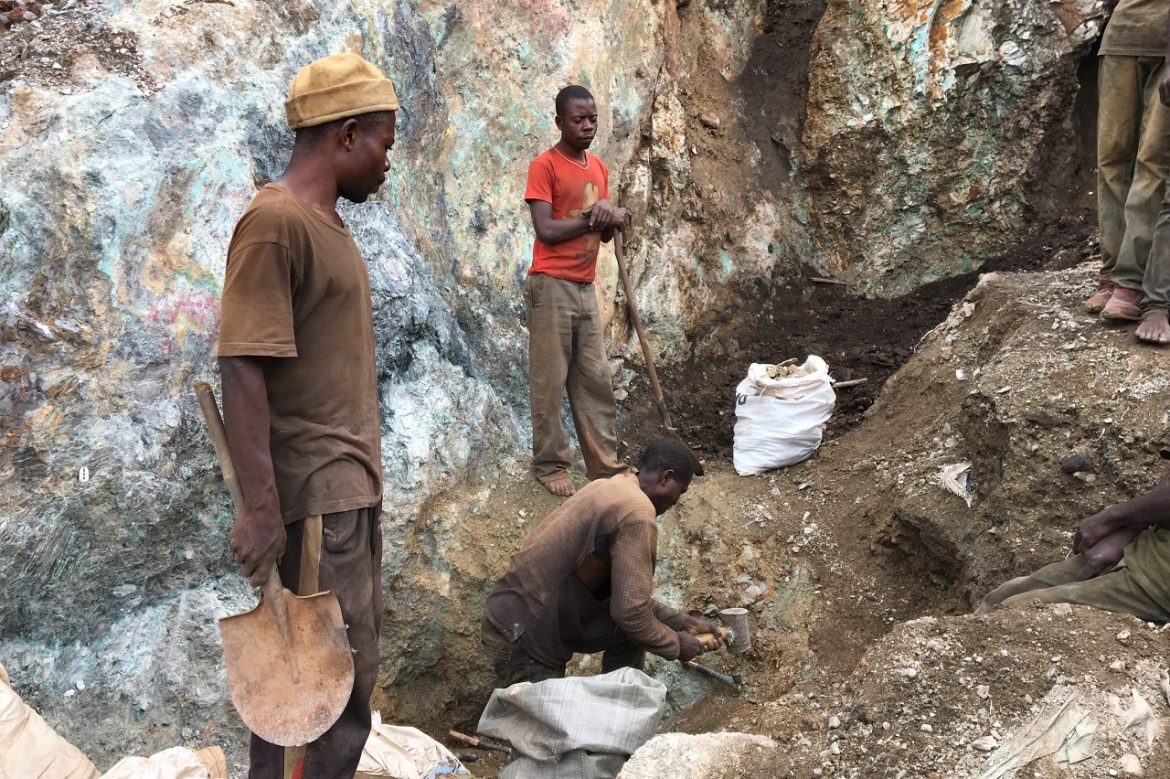KEY POINTS
- Africa supplies over 70 percent of the world’s cobalt, crucial for clean energy technologies.
- Challenges include economic instability, environmental damage, and human rights abuses.
- Value addition and ethical practices can foster sustainable growth in the cobalt sector.
Cobalt, a key component in rechargeable batteries, has emerged as a critical resource in the global push for clean energy. Africa, particularly the Democratic Republic of Congo (DRC), supplies more than 70 percent of the world’s cobalt.
While this positions the continent as a vital player in the clean energy transition, it also raises significant economic, social, and environmental challenges. Understanding the implications of Africa’s cobalt dependency is essential to fostering sustainable growth and addressing the risks associated with this booming industry.
Africa’s role in the Global cobalt market
The DRC dominates global cobalt production, accounting for about 74 percent of global output.
The mining of cobalt as strategic mineral is vital in the processing of the lithium-ion batteries for use in electric vehicles charging, smartphones and storage of renewable energy systems. Such reliance on African cobalt explains the role of Africa in supplying the world with clean energy.
The export of cobalt generates significant revenue for African economies, with the DRC earning approximately $2 billion annually from cobalt exports. Other African countries like Zambia and Madagascar also contribute to the global supply, although on a smaller scale.
Effects of reliance on cobalt
The exportation of cobalt has therefore exposed Africa economically. Global demand and prices in this resource vary and this affects economically unstable countries.
For instance, the global cobalt price dropped by nearly 30 percent in 2020 due to reduced demand during the COVID-19 pandemic, affecting the DRC’s export revenues.
Environmental degradation
Environmental problems associated with mining of cobalt are legal issues, deforestation, degradation of soils, water pollution and contamination. Large scale mining in the DRC has therefore led to the destruction of large tracts of tropical forest which has negative effect on habitat, and climate change.
Human Rights concerns
The cobalt industry in Africa has faced widespread criticism for its labor practices, particularly the use of child labor and unsafe working conditions in artisanal mining. Amnesty International estimates that about 20 percent of all cobalt mining in the DRC comes from artisanal miners, among them children, working in hazardous conditions.
Opportunities for sustainable growth
One of the most promising opportunities lies in value addition. Currently, African countries export raw cobalt and should consider diversifying by value addition through processing and refining. It shows that in order to generate employment and grow its revenue, the country’s should establish local battery manufacturing industries.
Diversification
The economic risk vulnerabilities can be managed by diversifying its dependence on cobalt alone to looking for other natural resources and other sectors. Such investment is made possible by the agriculture and renewable energy sectors, including the technology sector.
Ethical and sustainable mining practices
It is therefore important to come up with an ethical and a sustainable mining. The Responsible Cobalt Initiative, for example, works in recognizing cobalt sourcing as an environmentally friendly and decent traded commodity.
Africa’s place in the clean energy era
As the world accelerates its shift to clean energy, it will be increasingly dependent on cobalt reserves found in Africa.
For this dependence to lead to real benefits, however, the problems of economic instability, environmental degradation, and human rights abuses will need to be overcome in African nations.
And through practicing sustainable initiatives, enhancing the sectors of value addition and economic diversification, the continent can shift dependency on cobalt into a positive sustainable economic development.



